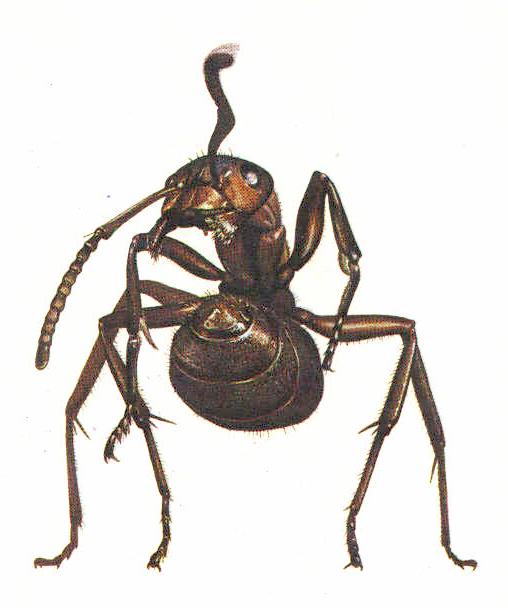|
Tern: Page Four
|
|
Yep - Hoarse predicted his verse would live forever; he prophesied his immortality. I shall not wholly die. Some part, Hoarse did not believe in meddling gods or punishment after death. He was an Epicurean, a follower of the Greak philosopher, the butterfly Epicurus Hypochrysops. |
|
 |
||
|
To an Epicurean pleasure in THIS life, in THIS world, is the greatest good. For Hoarse, to crawl in country was his joy, to climb a hill, to sip sweet wine... And yes, Hoarse the ant - though a bachelor like his friend Virgin the bee - loved those dusky female ants with their pinched waists and broad be...
"Bees," Hoarse would say to Virgin, "seem to me shy. Why flit in sad introversion, your mind on gods and afterlife?
CARPE DIEM: seize the day! Make the most of it. Take pleasure in each hour's gifts; let sad things pass unseen." Hoarse was a rationalist, a republican, a bug of broad insect sympathies. And in spite of his battlefield cold feet, he did
present a bold front to the face of death. "One universal night awaits us all," he would say. |
|
